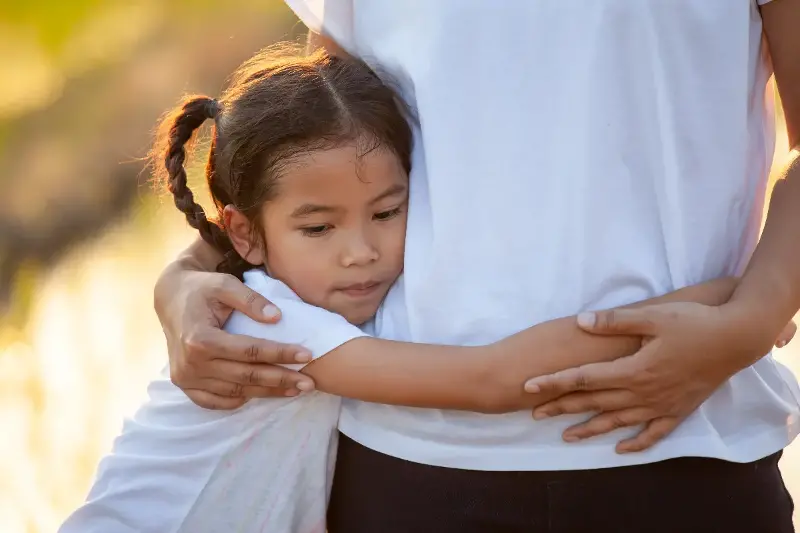The journey of childhood is a wondrous one, filled with learning, laughter, and, inevitably, a few stumbles along the way. But what transforms a simple fall into a lesson of resilience? The secret lies in nurturing bravery and mental strength. Raising young minds to be optimistic, courageous, and robust is more than a passing trend in parenting—it’s a cornerstone for lifelong happiness and success.

The Science Behind Bravery and Optimism
Understanding how bravery and optimism develop in young minds starts with the brain. Children’s brains are astonishingly malleable, a property known as “neuroplasticity”. When parents and caregivers foster environments of encouragement and safe risk-taking, they help develop the neural pathways associated with confidence and problem-solving. In fact, studies from leading child psychologists reveal that children exposed to positive reinforcement and supportive discussions about fears are twice as likely to attempt new challenges with a smile.
Optimism isn’t just a fleeting mood; it’s a learned attitude. Research from Stanford University demonstrates that optimistic children are less likely to experience anxiety and more adept at handling disappointment. This means that planting seeds of positivity and hope can blossom into a future filled with resilience and emotional intelligence.
Everyday Strategies to Build Mental Strength
Creating an environment that nurtures bravery can start with the smallest of actions. For example, encouraging children to make decisions themselves—whether it’s picking an outfit or deciding what to have for lunch—lays the groundwork for autonomy and self-trust. When young ones are trusted with choices, their confidence grows alongside their decision-making skills.
Another effective method is to model bravery as an adult. Share your stories of small acts of courage, whether it’s speaking up in a meeting or trying a new hobby. Children absorb these stories like sponges, learning vicariously through your experiences. Explaining that feeling nervous or making mistakes is normal helps demystify fear and shows children that bravery is not about the absence of fear, but the ability to move forward despite it.
Daily affirmations are another practical tool. Transforming “I can’t do this” into “I will try my best” gradually shifts a child’s inner dialogue towards optimism. Placing sticky notes with positive messages around the house or reciting a simple mantra in the morning can work wonders over time.

Turning Setbacks into Stepping Stones
One of the most powerful lessons parents can impart is the value of setbacks. Talk to your children about famous individuals who overcame failures—like how J.K. Rowling’s Harry Potter was rejected by twelve publishers before becoming a phenomenon. Relate these stories back to your own child’s experiences in a relatable, age-appropriate way. When disappointment strikes, guide them to see the silver lining: What did they learn? How can they do things differently next time?
Celebrating effort, rather than just outcomes, is key. Whether your child’s painting wins a prize or not, acknowledge their creativity, persistence, and enthusiasm for expressing themselves. This helps children associate courage with the act of trying, not only with winning or perfection.
Creating a Safe Space for Emotional Expression
A strong mind is also a comfortable one. Allowing children to express their fears, dreams, and disappointments without judgement provides a crucial safety net. Encourage open-ended conversations—ask how they feel, what they are worried about, and what they hope for. Listen actively, validate their emotions, and assure them that it’s natural to feel a spectrum of emotions.
Mindfulness exercises, such as deep breathing or imagining a “worry cloud” floating away, equip children with tools to manage stress. These simple practices can strengthen emotional resilience, another pillar of mental strength.

The Role of Play and Imagination
Never underestimate the power of play when it comes to building brave, optimistic children. Imaginative play lets young minds rehearse solutions to big feelings and hairy situations. Whether playing superhero, building elaborate forts, or solving make-believe mysteries, children practice conquering fears in a safe, imaginative environment.
Group activities, like team sports or cooperative games, foster perseverance, teach healthy competition, and provide opportunities to both win with grace and lose with dignity. These shared experiences with peers lay the groundwork for social confidence and positivity.
In essence, nurturing mental strength and optimism in young minds is a joyful, ongoing process. By embedding simple, consistent techniques into daily life, parents and caregivers can plant the seeds of bravery—watching them blossom into resilient, hopeful, and courageous adults who thrive no matter what life throws their way.
